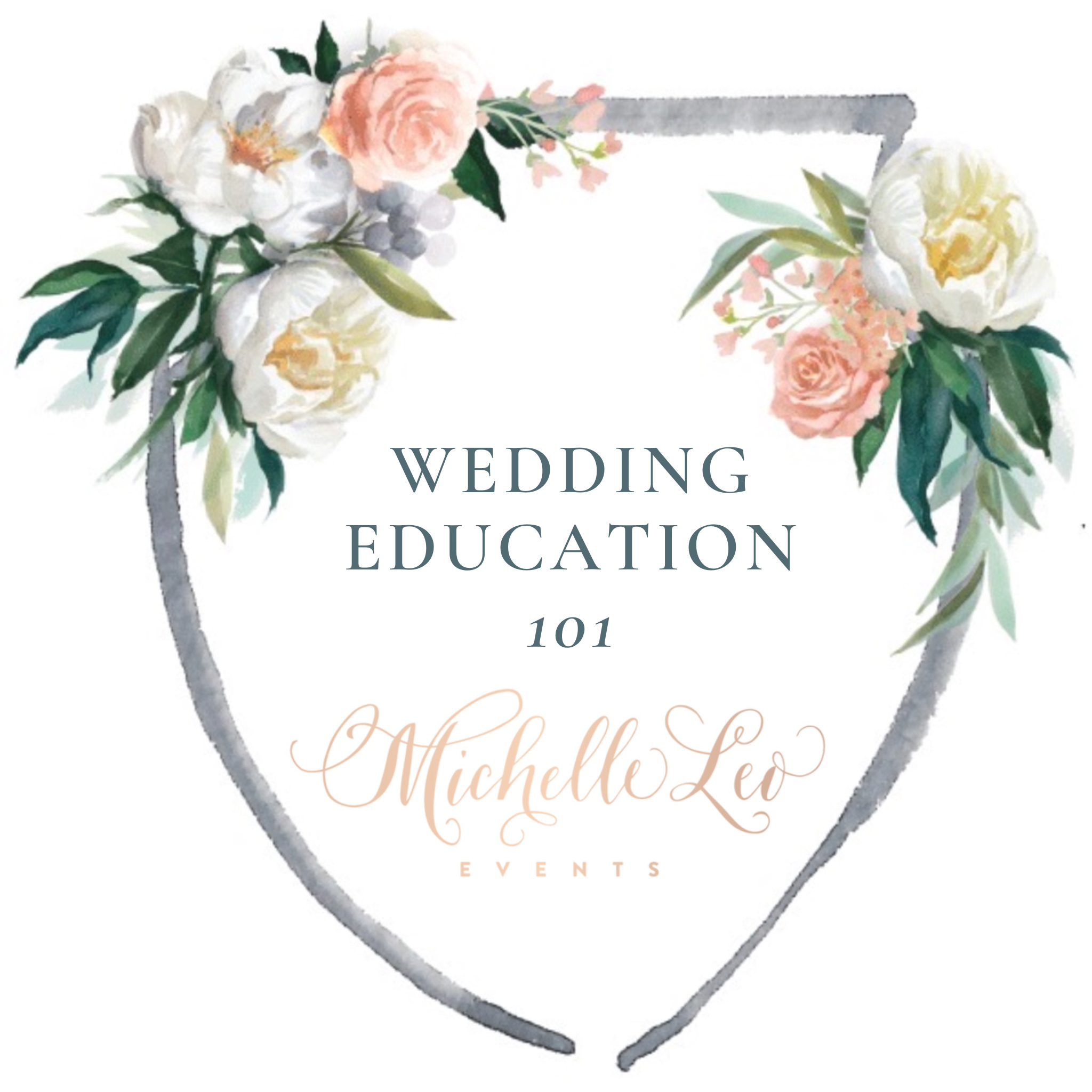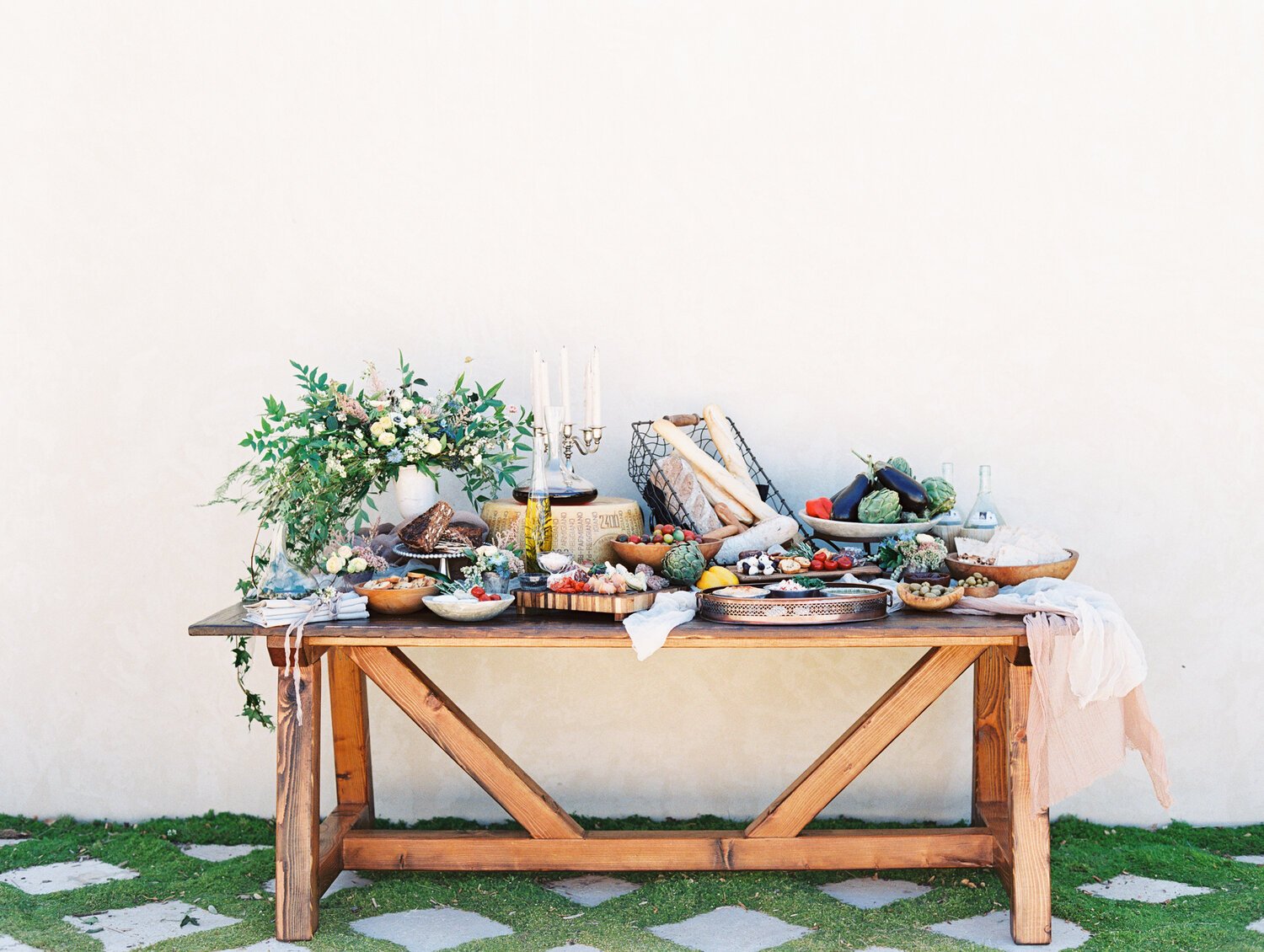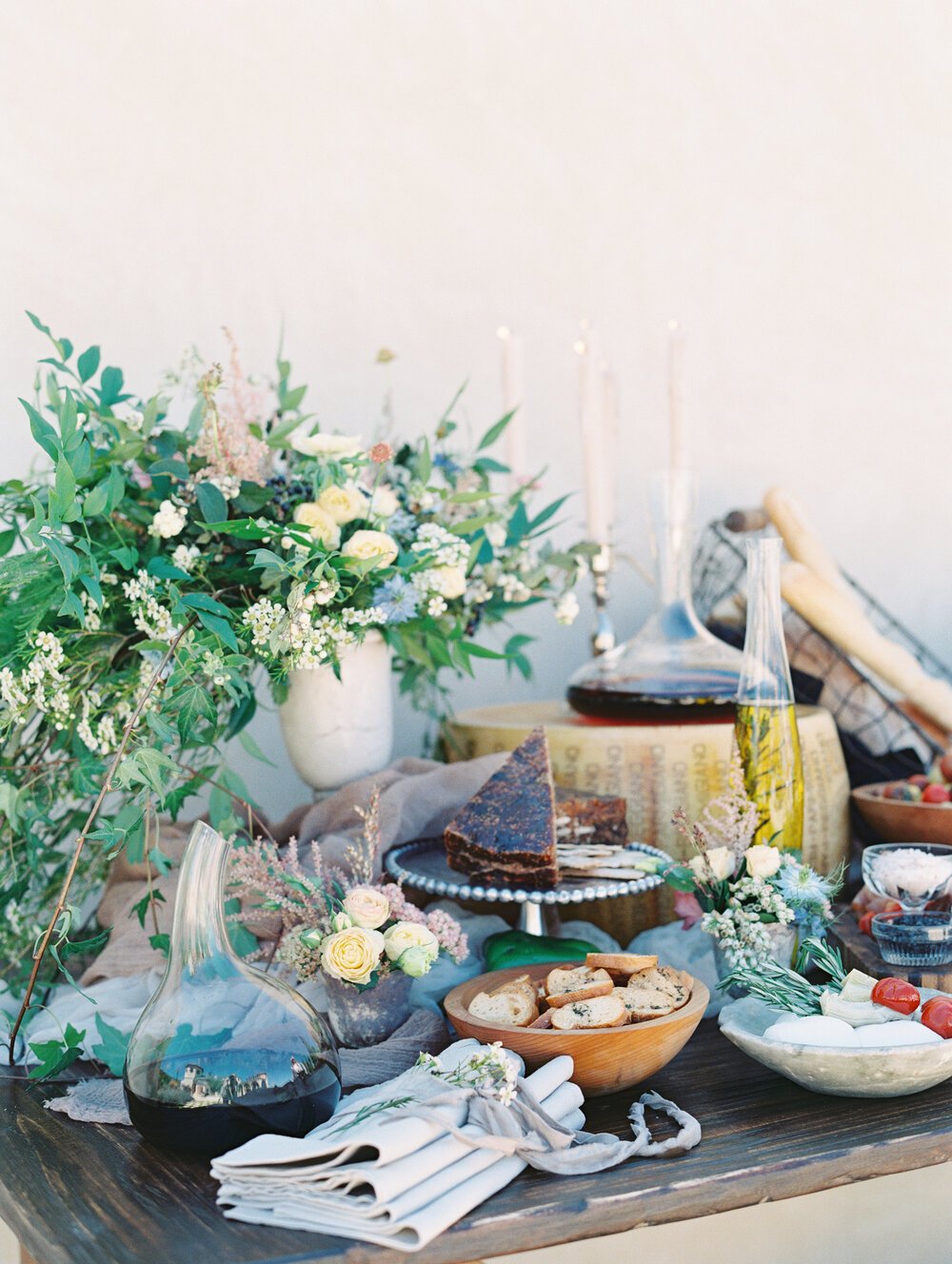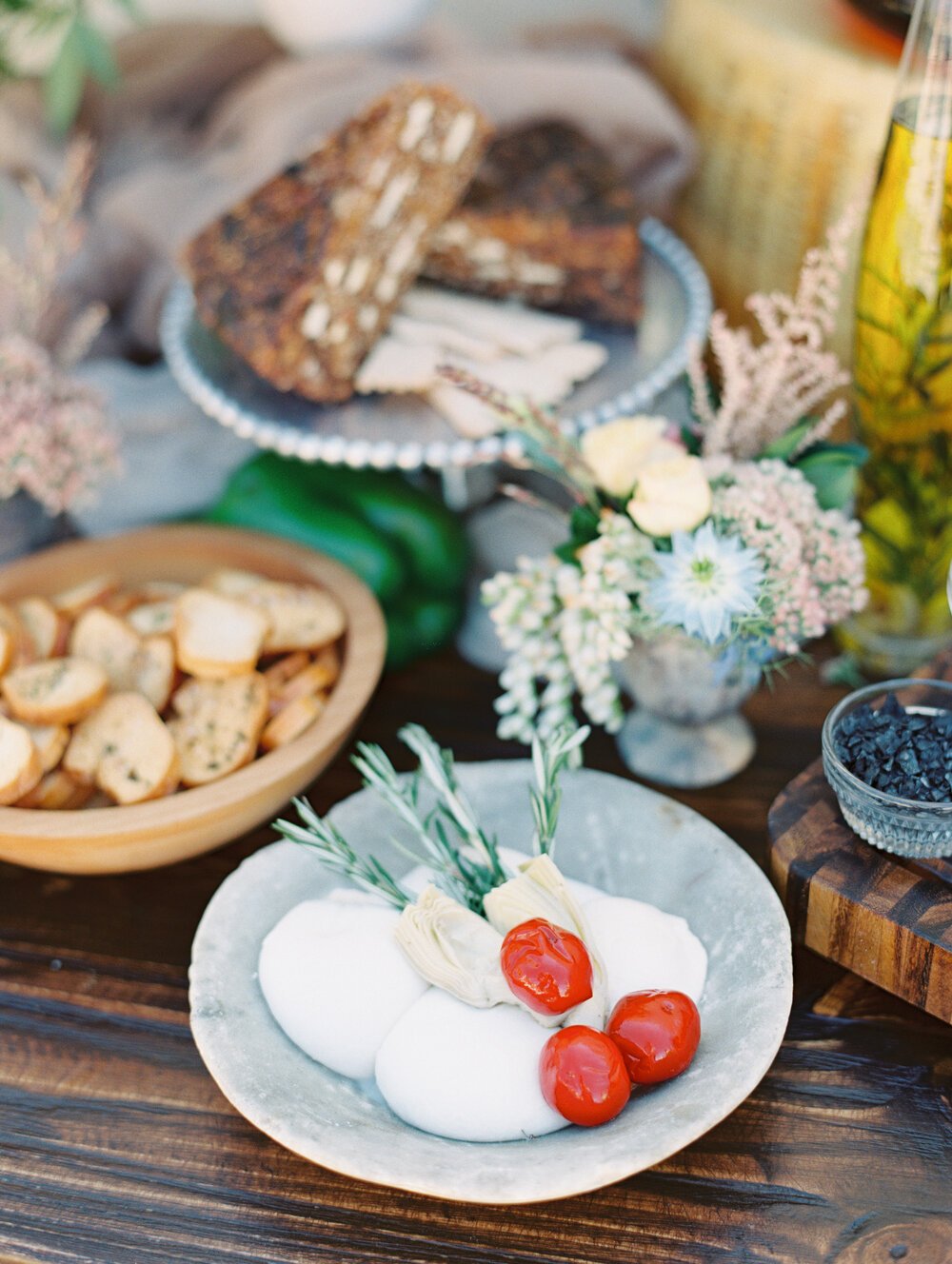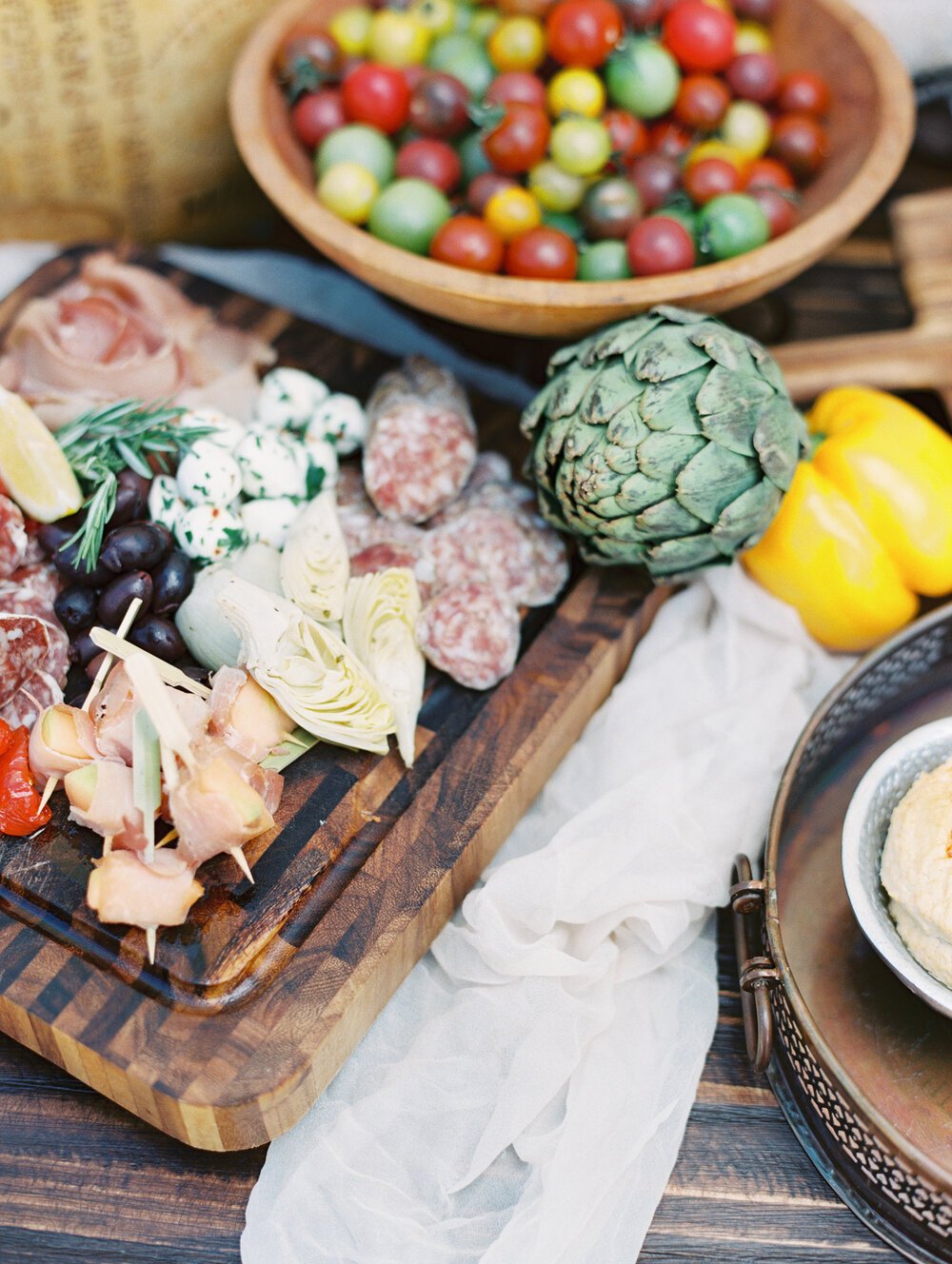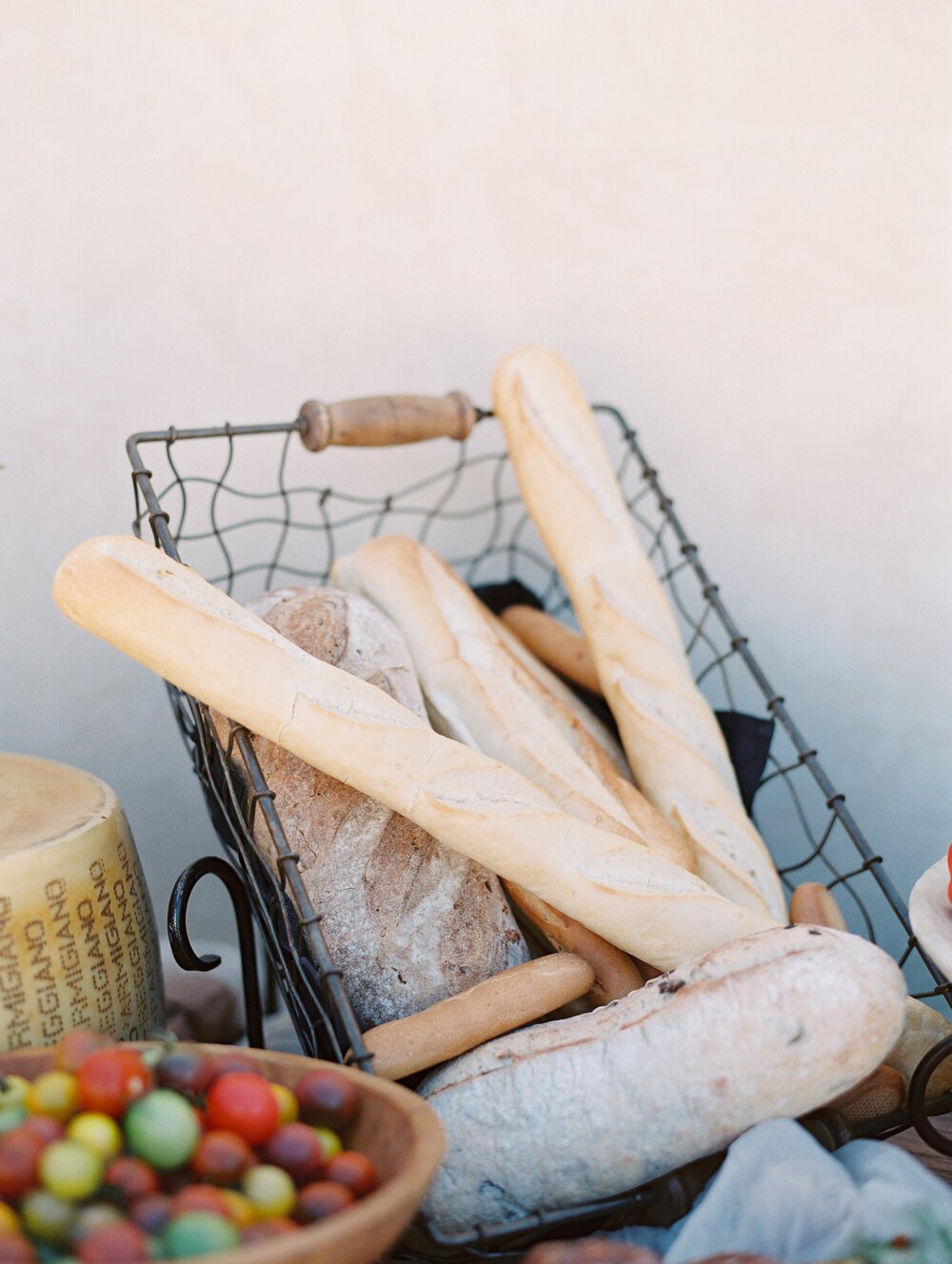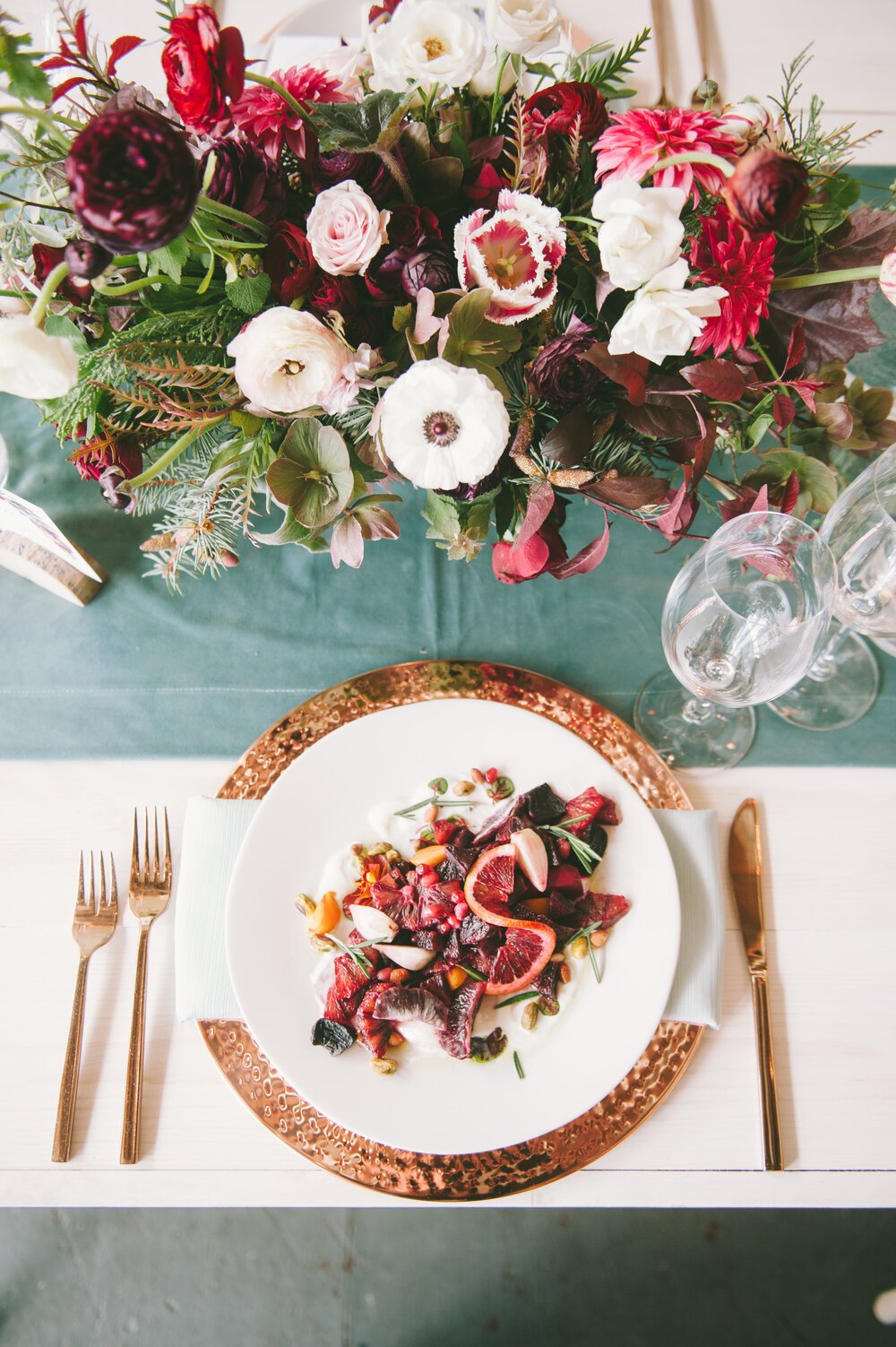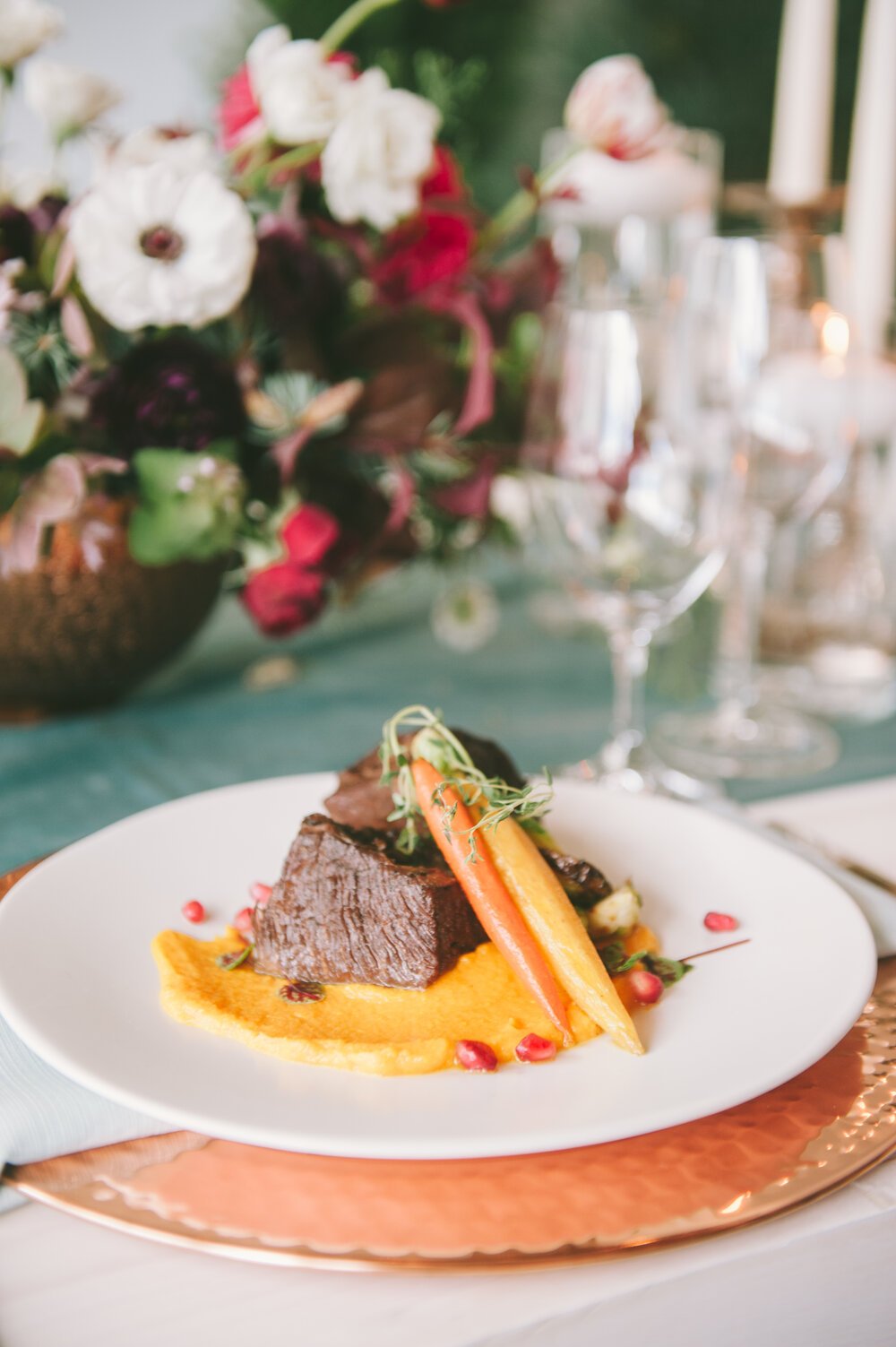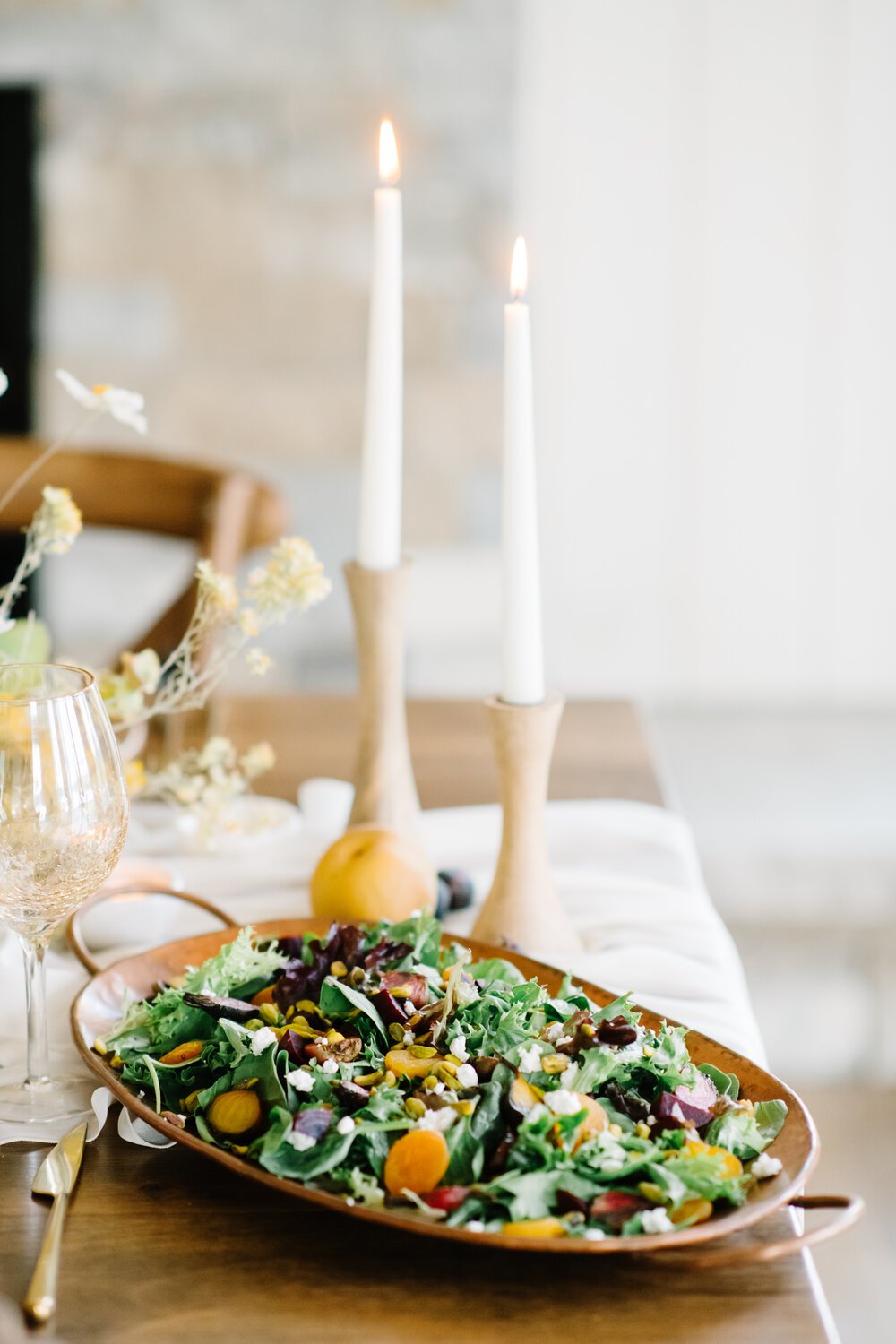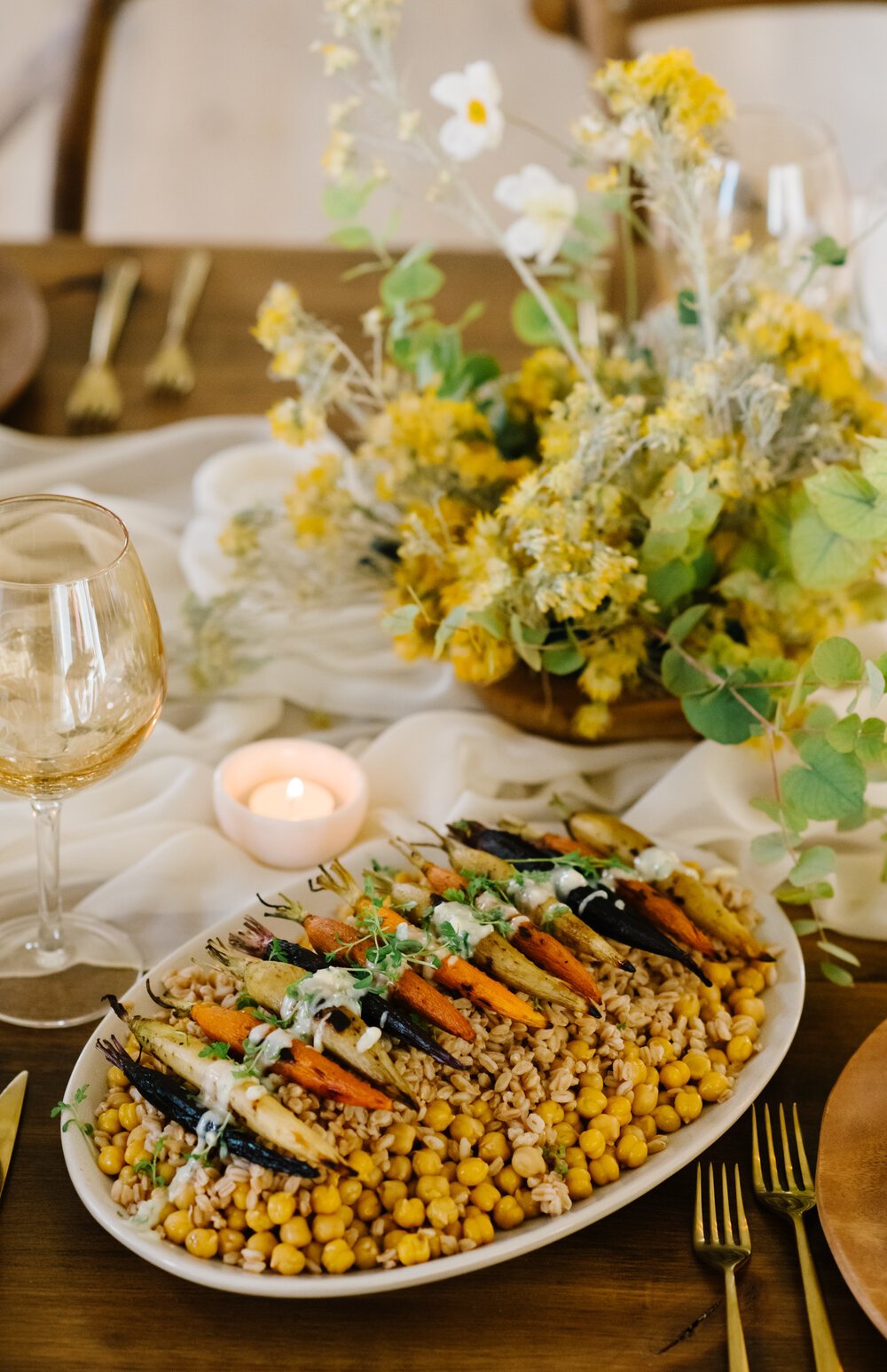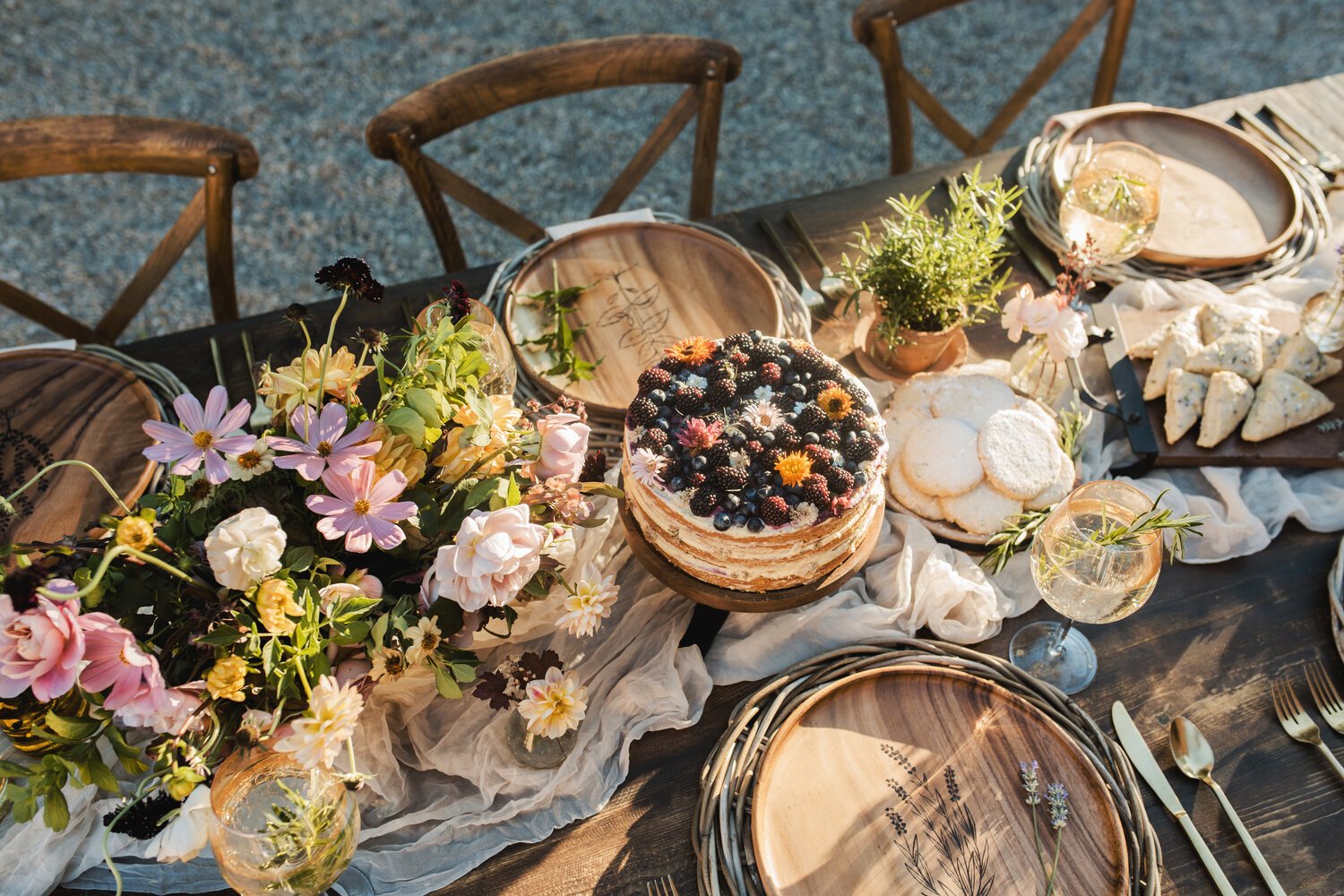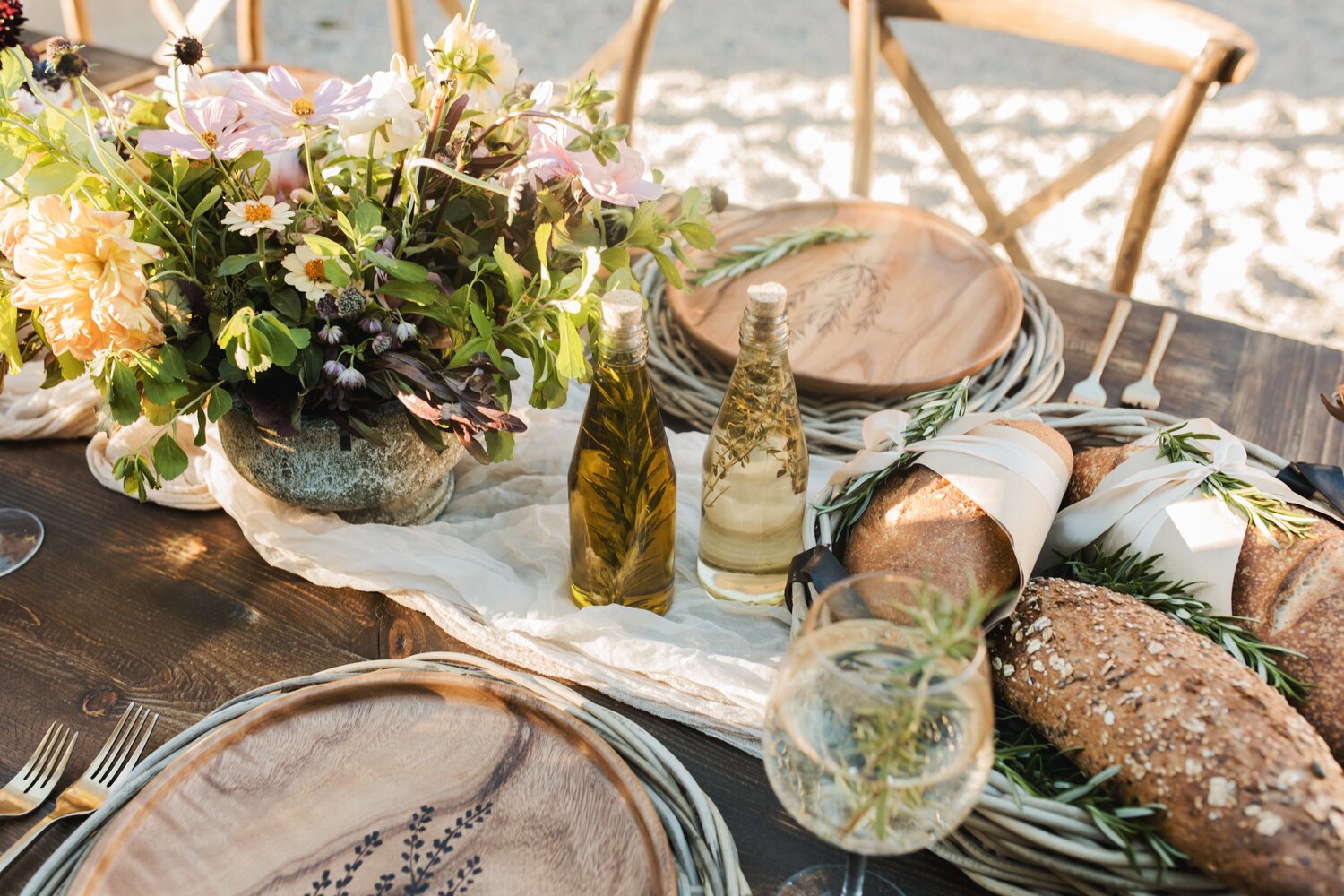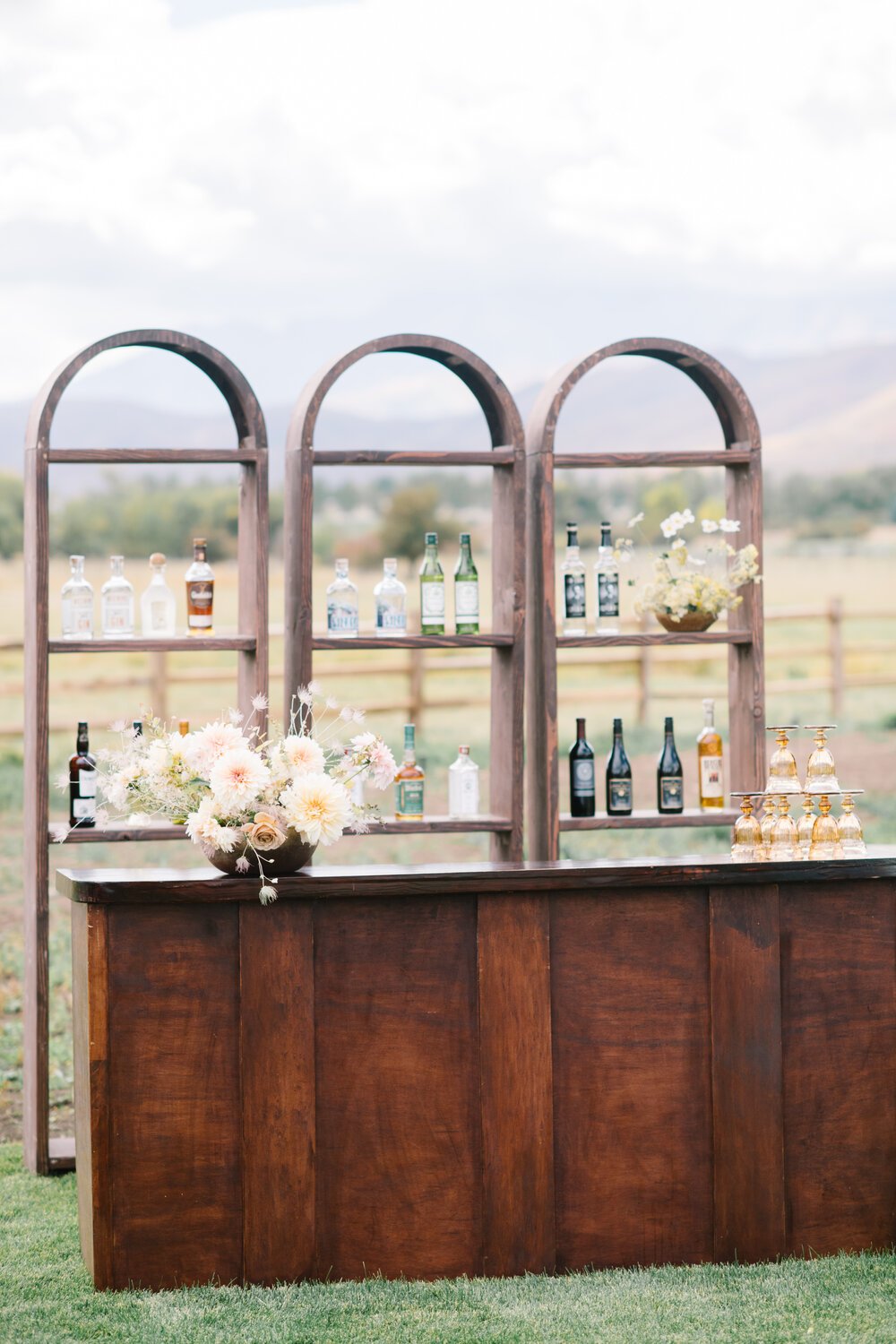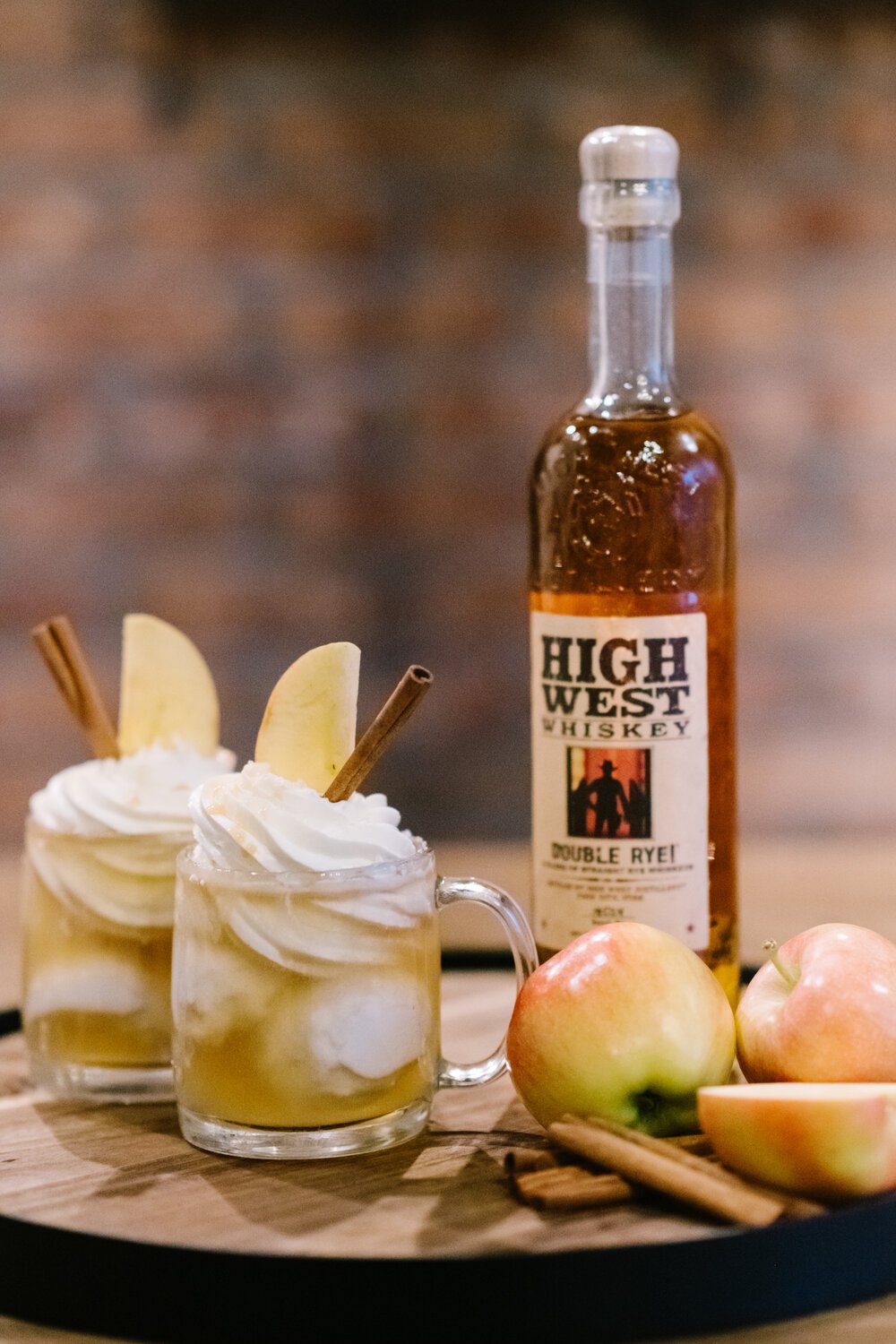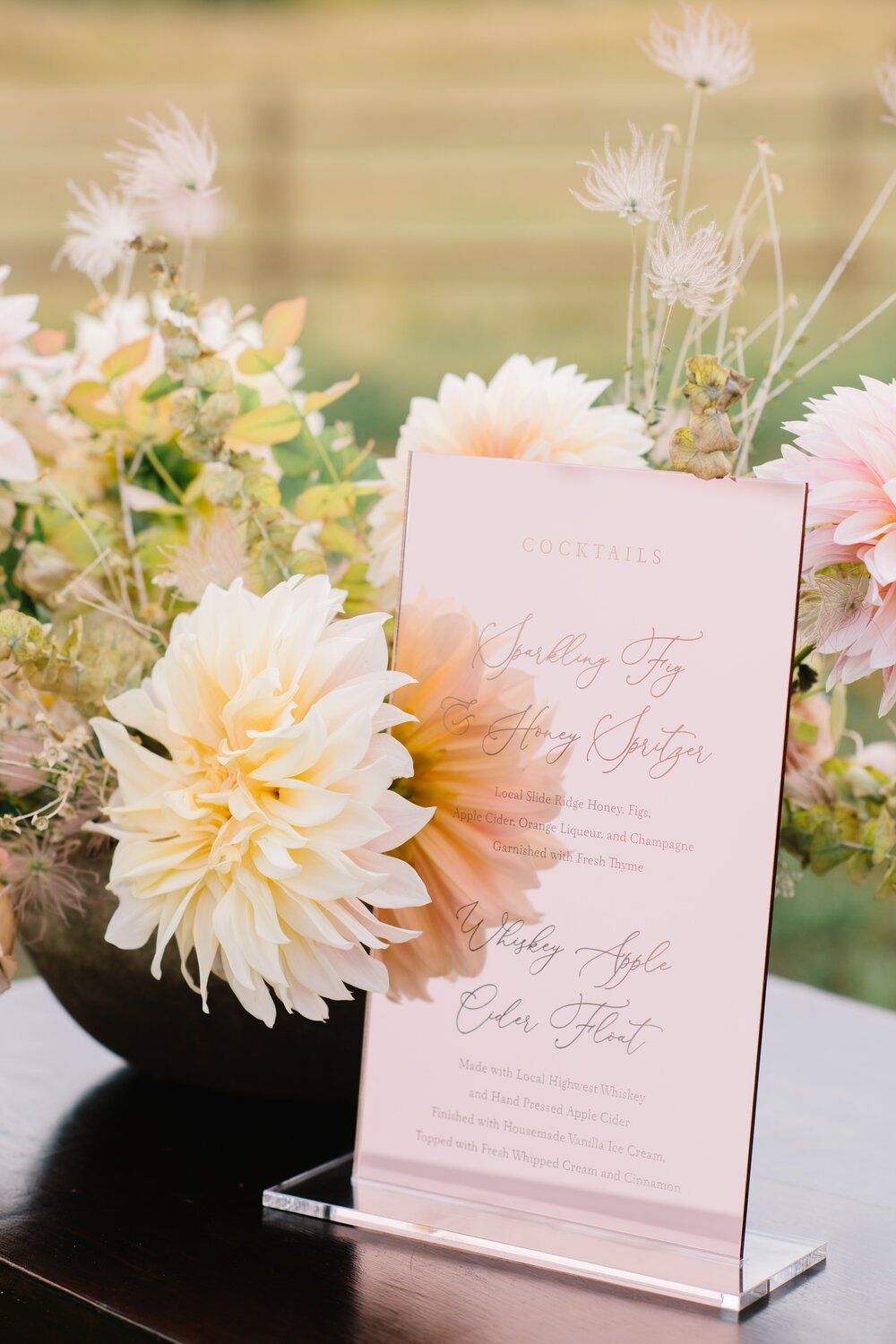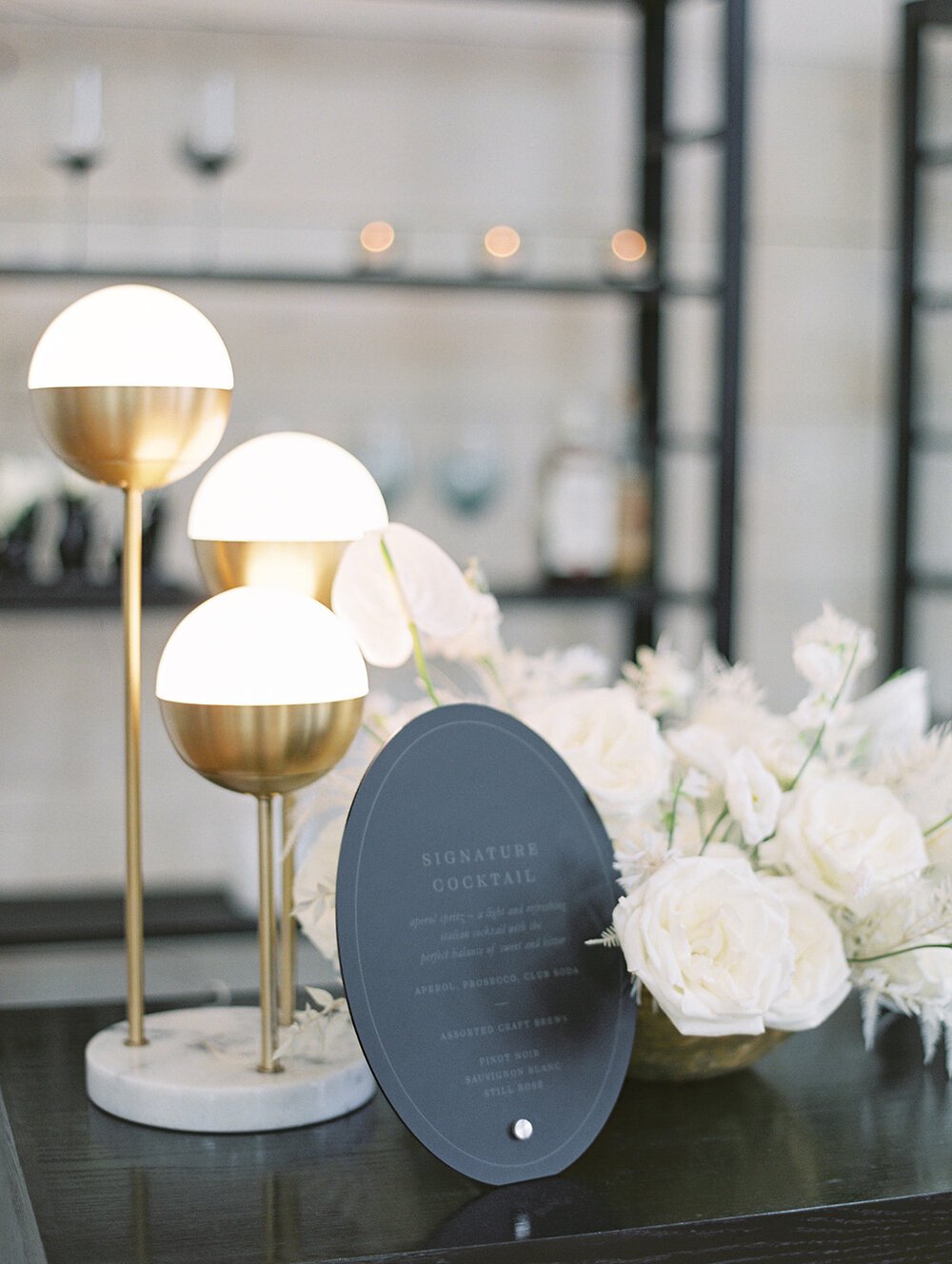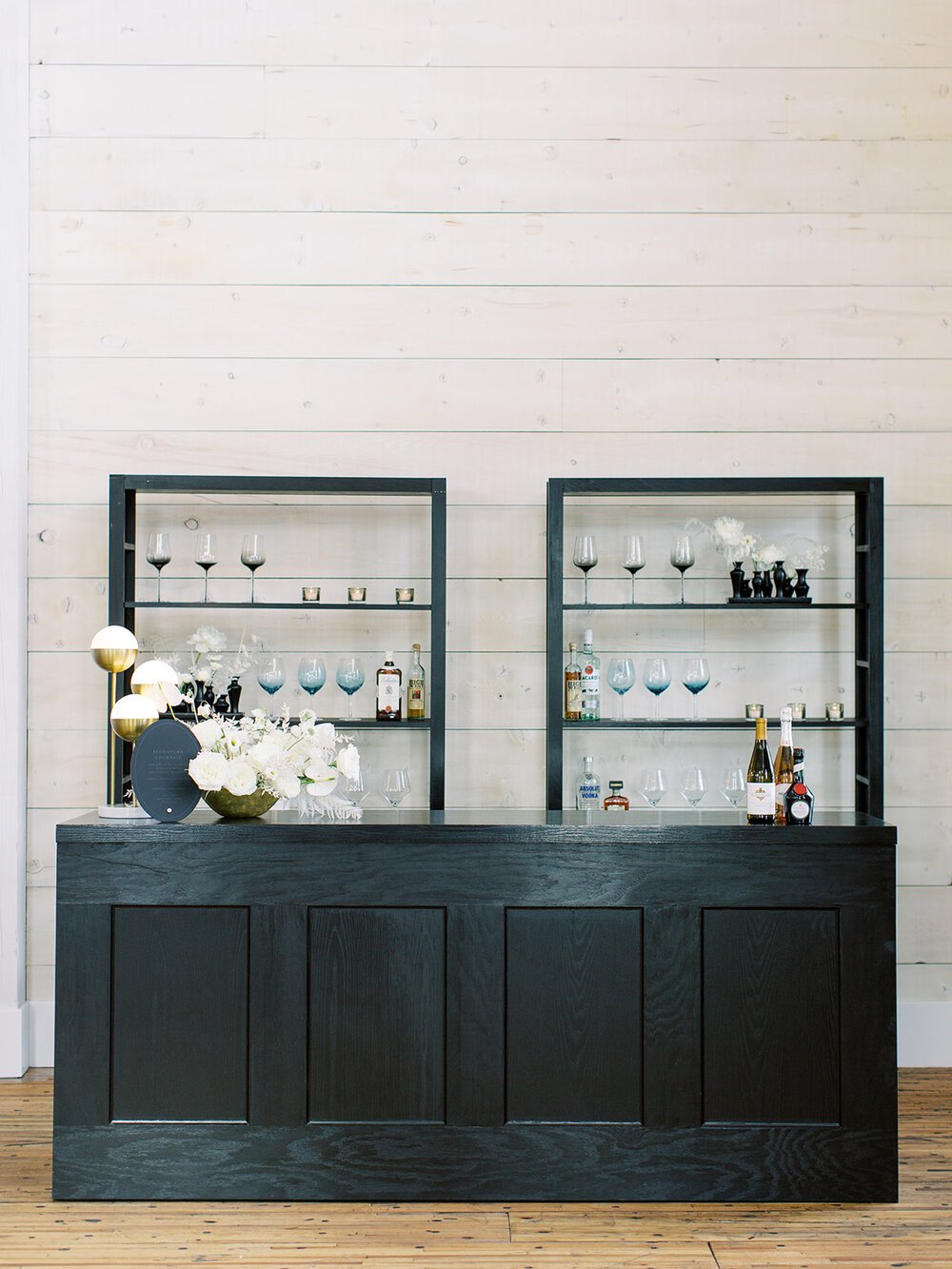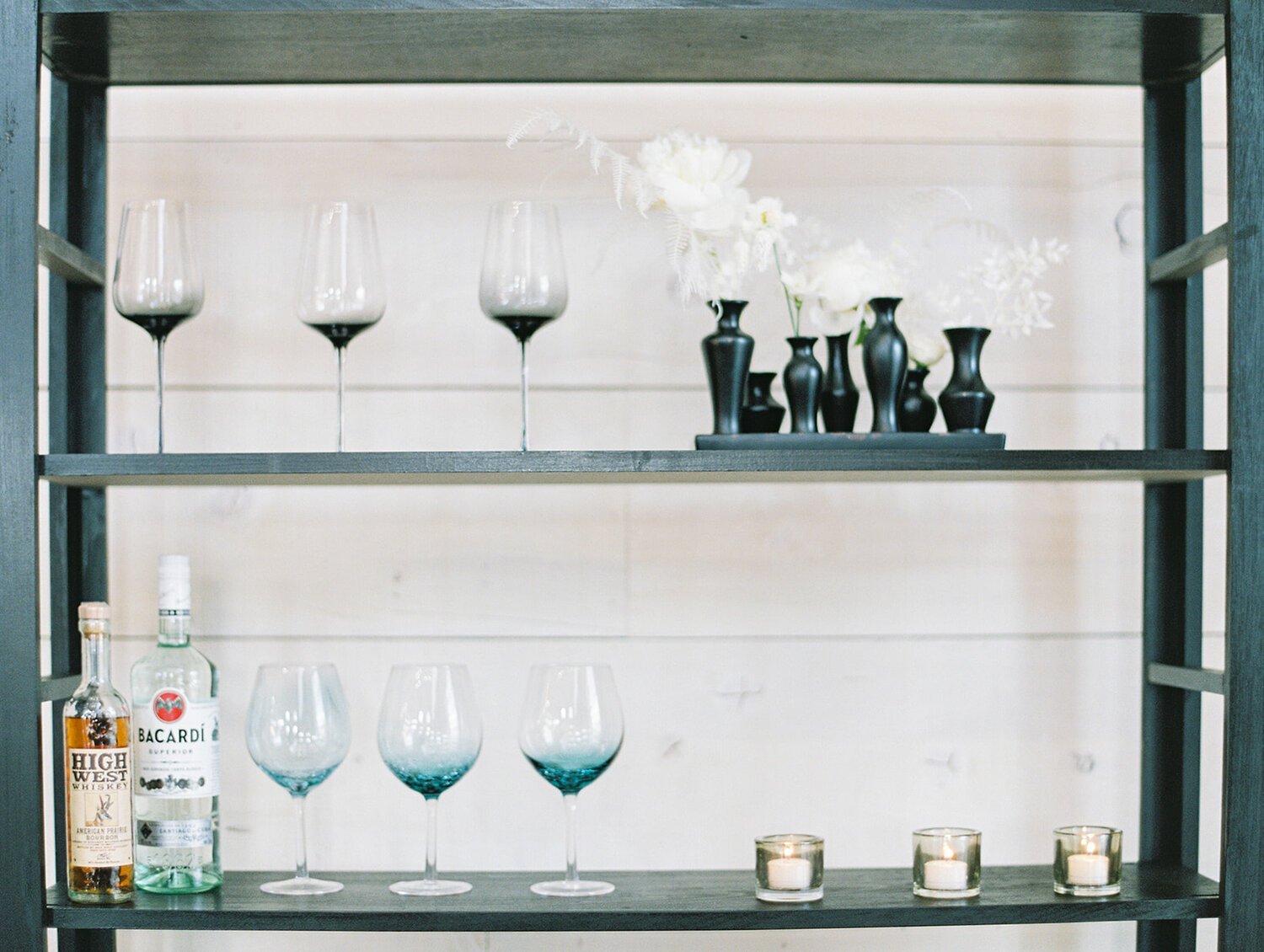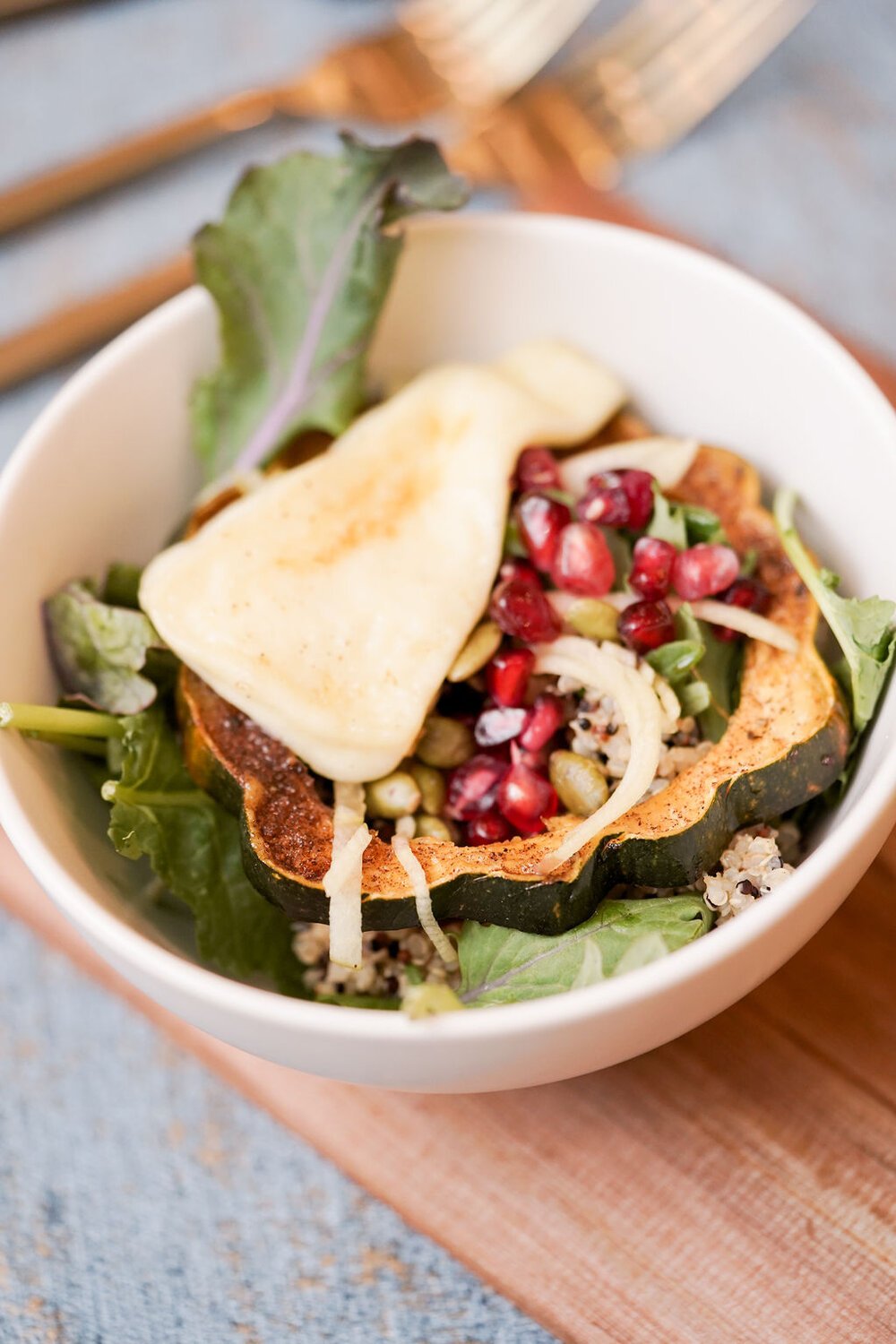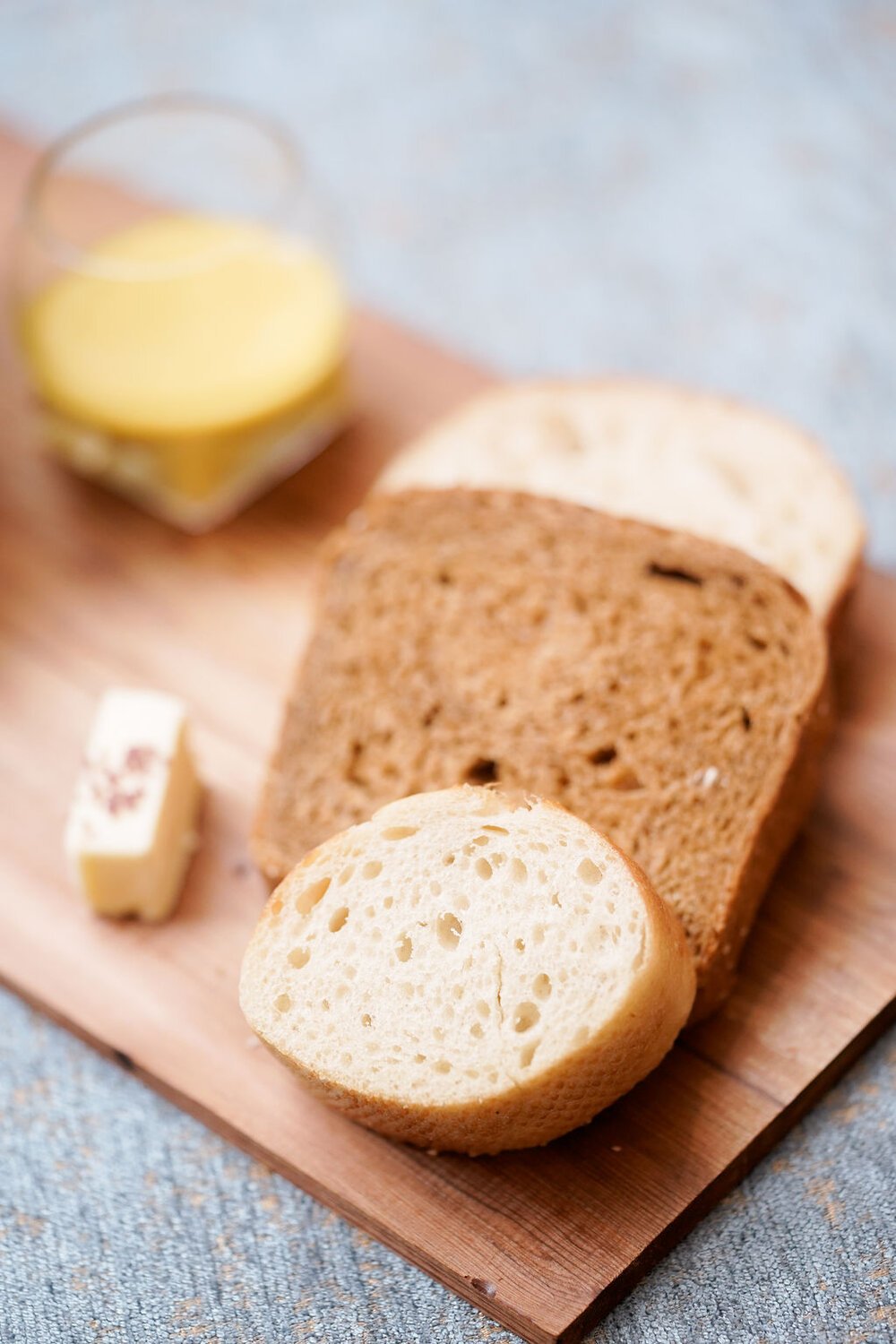Wedding Catering Options: Choosing the Perfect Menu for Your Big Day
Wedding food & Beverage Basics
Let’s be real here, budgeting for a wedding is difficult! It’s a challenge to prioritize areas of importance and it’s even harder to allocate funds according to projected headcount. But no matter how you divide your nice-to-haves from the must-haves, it’s a given that one budget item in particular is a solid must-have for any event: food and beverage.
Food and beverage (often referred to as F&B in the event industry) is easily one of the biggest expenses of any event when it comes to overall budget allocation. Coincidentally, food and beverage are also one of the most important elements your guests will care about and experience personally on the day of the event.
While hosts should strive to provide a culinary experience that is both delicious and fulfilling, breaking the bank isn’t necessary to achieve this end goal. There are many ways to provide guests with exceptional food and beverage without sacrificing other important areas of the budget. Consider the following options to determine what best fits the overall event style AND budget.
Food Service Styles
($) Buffet: All courses are served at the same time and set up in an accessible area for guests to self-serve their meal.
($$) Food Stations: Dinner service with multiple smaller buffets set up as stations for guests to sample a variety of menu options.
($$$) Plated: Meal selections are made prior to the wedding, and served one course at a time individually at the table.
($$$$) Family Style: Dinner is served in large dishes at each table for guests to serve themselves at the table. Servers can leave platters at the table, or pass it around the table then take it away to leave extra space on the table.
Plated meals and family style serving are similar in price point when it comes to staffing. However, we spoke with industry professional Jocelyn Gillies, wedding and event specialist with Culinary Crafts, who says that in her experience, costs for family style service are generally higher than plated style service. Jocelyn shared the following with us on the topic:
“When serving family style, we have to account for a larger buffer on all food portions because some guests will take a larger portion than a standard size which requires more product overall. Additionally, we have to factor in additional china and flatware for this serving style so rental costs increase. All of these considerations combined depend on the overall guest count and the menu items selected, etc.”
Beverage Service Options
($) Cash Bar: Guests are responsible for purchasing their own drinks as the host has declined to cover beverage costs.
($$) Beer/Wine Bar Only: As it sounds, the host covers the cost of beer and wine selections only while a wider beverage selection is offered as a cash bar.
($$$) Limited Hosted Bar: The host decides which selections of alcohol will be provided and offered to guests complimentary. Some hosts may elect to serve signature cocktails or specific menu items while other items are offered as a cash bar.
($$$$) Hosted or “Open” Bar: The event host covers the cost of all beverages available to guests.
Standard Bar Choices for Various Types of Events
Rehearsal Dinner/Welcome Party: Because the rehearsal dinner is typically made up of a smaller guest count that includes family and close friends, it’s best to provide an exceptional experience for these guests. MLE suggests offering a limited hosted bar, for both dinner and a welcome party. Choosing tableside wine service for your dinner and a couple of signature drinks for your welcome party can be a great option for this event!
Wedding Day: There are many ways to split up the bar options for a wedding. Choose services based upon the overall vibe and atmosphere you wish to create. For example, if your wedding is formal and includes a plated dinner service, MLE suggests these bar options:
Pre Ceremony: Beverage Station
Cocktail Hour: Beer/Wine/Signature Cocktails
Dinner: Tableside Service
Reception: Hosted “Open” Bar
After Party: Cash Bar
Brunch: Post wedding brunch is a great event to thank guests who have traveled to the wedding. Typically there are not high expectations for a post-wedding brunch to include an open bar. However, simple champagne options or a mimosa bar can be a fun way to wrap up the wedding weekend festivities.
What About Other Events?
Food and beverage is not just an important factor of weddings, but all events, including public events, corporate parties, and special social gatherings. When tasked with hosting one of these soirees, always consider the overall atmosphere of the event and what you want your guests to take away from the experience. Make sure that what you serve and how you serve it corresponds with the formality (or lack thereof) of the event itself. You can apply the same price guidelines listed above to any event regardless of the occasion. Just be aware that your food and beverage budget will fluctuate depending on the final guest count.
Now that you have the F&B basics, you are prepared to start planning with an accurate budget in mind! Pick your preferred style of food and beverage service and be the ultimate host for any event!

